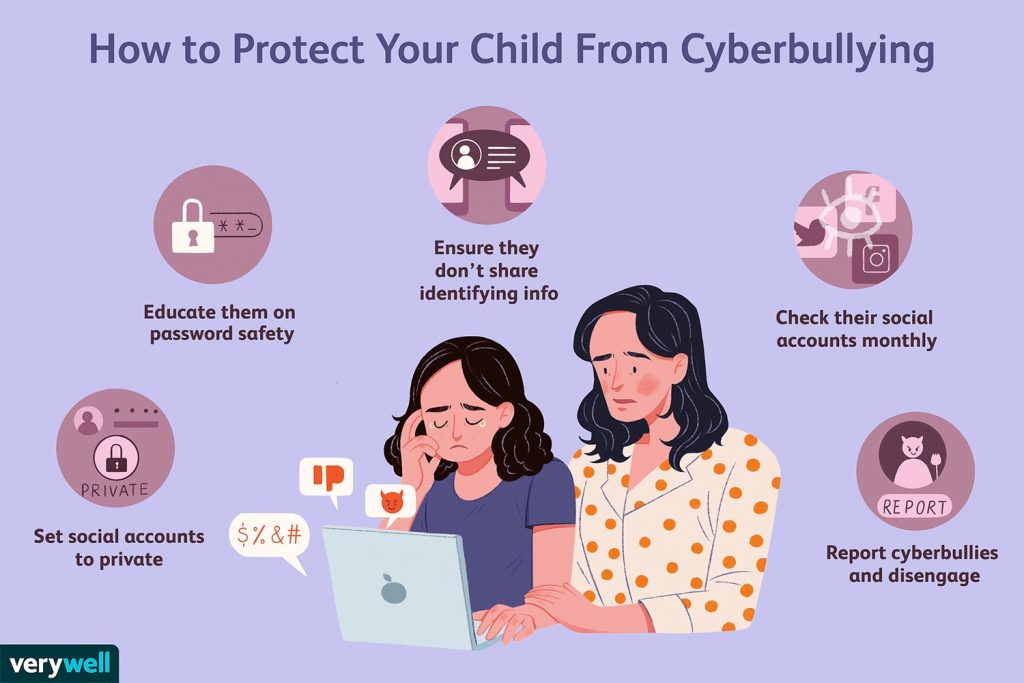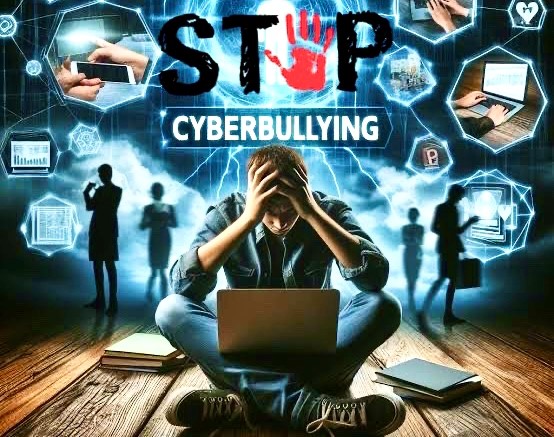A World Anti-Cyber Bullying Awareness Day Special!
June 21 this year is being observed as Anti-Cyber Bullying Awareness Day. Dr Amit Dias explains the impact of the growing menace and its implications on health. “As the digital landscape continues to evolve, so must our approach to cyber security — do not ignore the elephant in the room,” he says in this thought-provoking interview.
An interview with Dr Amit Dias
Goan Observer: Let us start by first understanding what is cyber bullying.
Dr Amit Dias: Cyber bullying has emerged as a new type of violent behavior in the context of electronic communication. The digital age and the evolution of technology have brought about numerous benefits, but on the downside, it has also given rise to several challenges — one of the most concerning negative impacts of technology is online harassment and cyberbullying.
This is particularly seen amongst adults and younger adolescents. This is receiving more attention as a result of its expanding existence and serious effects. We should not ignore the elephant in the room.
Cyber bullying is the term used for offensive, undesired, unfriendly and aggressive behavior that is sometimes displayed in public and is carried out via online technology to intimidate and injure the victim.
Q: How big is the problem in the world today?
A: According to a UNICEF poll, more than 33% of youngsters reported cyberbullying in 30 countries around the world. According to a report two years ago, we have around 4.80 billion people worldwide on social media, which is almost 61% of the world’s total population, depicting an annual growth of 5.7% as seven lakh new users join per day.
Q: What are the methods of cyber bullying?
A: Cyber bullying can take various forms, such as:
Harassment: Email, text messages, WhatsApp, Instagram, Facebook chats, bulletin board postings and other platforms can all be used as methods of harassment. It involves sending insulting or nasty texts continuously.
Cyber Stalking: Online stalking and obsessive monitoring, tracking, or following an individual’s online activity, causing distress and fear.
Denigration: The bully makes disparaging remarks about the target and spreads them online. It’s done to harm the target and damage the target’s reputation or friendships.
Masquerading: The bully impersonates the target and sends hurtful communications that seem to be coming from the victim. Advanced technical abilities are needed for masquerading.
Impersonation: Similar to masquerading, the bully impersonates the victim online by making a fake profile or claiming to be the victim while saying hurtful things. We have seen a lot of these instances using Facebook and other social media platforms.
Outing and Doxxing: Here, the bully coerces the target into revealing details, sharing personal sensitive pictures, or making claims, which the bully subsequently makes public to make the target look bad. This is the method used by former friends to leak confidential information or humiliate pictures.
Flaming and trolling: This involves, harassment through inflammatory comments, insulting and provoking others.
Q: What is the impact of cyber bullying?
A: Cyber bullying can lead to a lot of mental stress and impact the lives of the victim and their family. In some instances, it can lead to suicide.
Psychological impact: Cyberbullying can lead to fear, panic, tension, worry, sorrow, melancholy and depression symptoms, as well as more frequent suicidal thoughts. More precisely, it was discovered in a recent meta-analysis that people who experience cyber bullying are 2.5 times more likely to commit suicide and twice as likely to have suicidal thoughts as those who do not.
Academic impact: One impact of cyberbullying is a lack of motivation for learning, which results in issues with academic achievement.
Psychosocial impact: These impacts are especially detrimental because they target the social life of the person, which includes psychological needs like identity, belonging and self-esteem. Bullying can lead to loneliness, ostracism and social rejection.
Q: Is there any help available legally or otherwise? Do we have a helpline?
A: Yes, in India, laws such as the Information Technology Act of 2000 and the Protection of Children from Sexual Offenses Act of 2012, contain provisions that can be used to combat cyber bullying. However, enforcement and awareness of these laws remain key challenges. In Goa, one can call the Cyber wellness helpline and get information, counseling and advice. It is an NGO which is supported by the government, GMC and IPHB.
Educating individuals on cyber bullying can be done through school programs, workshops and interactive sessions that help students and parents understand the consequences of cyber bullying and how to stay safe online. Collaboration with mental health professionals and advocacy groups can also play a significant role in raising awareness and providing support to victims of cyberbullying.
Q: How can one help?
A: Do not participate in the activity. Remember, even though you can’t see a cyberbully or the bully’s victim, cyber bullying causes real problems. So do not forward such posts. If you wouldn’t say it in person, don’t say it online. Don’t write it. Don’t forward it.
If you know the person involved, you should alert them so they can take appropriate timely action. Block all posts from the cyber bully.
Q: What can a person do if they realize they are the victim of cyberbullying?
A: As soon as a victim realizes they are cyberbullied, they should
- Document the evidence — including screenshots, messages and other information that can be used as evidence.
- Block and report — most social media platforms have provisions for reporting.
- Seek support — reach out to friends, family.
- Report to authorities – cyber bullying can have legal consequences. Involving authorities is necessary to ensure safety.
- Practice Self-Care — this is the new buzzword…focus on your mental and emotional wellbeing. Engage in activities that bring joy and relaxation.
Q: What can one do if a child is suffering from online bullying?
A: Be supportive and responsive to children who have been involved in bullying situations.
Listen to the full story carefully and take it seriously. It may not be simple: the child or teen may be the target of bullying or maybe bullying someone as well. Recognize, too, that kids may be reluctant to talk about it. You may not get the whole story in the first discussion.
Make a plan together. Ask what you can do to help and make the child’s answers the basis for the plan. Discuss what each of you will do.
Find counselors or other experts trained to deal with kids who have been bullied or have bullied others.
It’s always better to be safe than sorry, so educate your child about cyber bullying. They need to be aware of protecting passwords, not sharing personal information and staying safe.

Q: What is your message to our readers? What can be done?
A: The rise of digital platforms has facilitated online harassment, which in turn is leading to mental health issues and academic decline. As our lives become increasingly interconnected through the internet, we need robust cyber security measures; parents and teachers need to be aware of cyber bullying and how to reach out to those in need of help.
Urgent action is needed through comprehensive research, policy development, community engagement and awareness through schools and colleges. Strengthening legal provisions, promoting digital literacy and digital safety and fostering collaboration among stakeholders is vital in preventing this from growing further.

